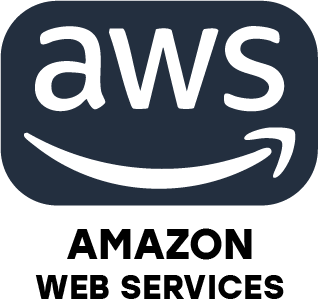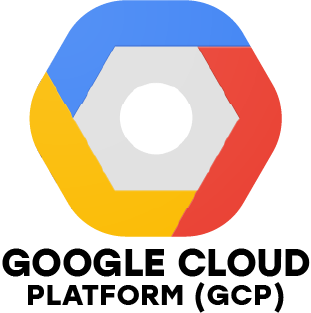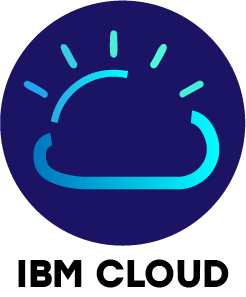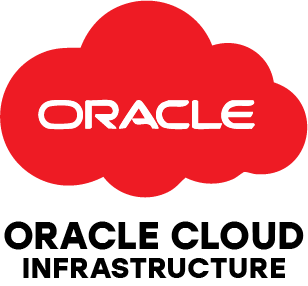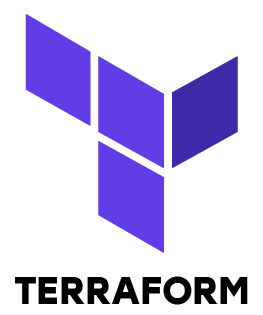1. What distinguishes AWS, Azure, and GCP from one another?
Ans:
AWS, Azure, and GCP are leading cloud service providers, but they have different features, pricing, and strengths. AWS is well known for offering a vast array of services and well-established ecosystem. Azure works well with Microsoft products, making it a good fit for businesses that already use Windows tools. With its reasonably priced large data processing offerings, GCP is very good at machine learning and data analytics. Every platform has a unique global data center configuration, price structure and user interface.
2. How can high availability be guaranteed in a cloud setting?
Ans:
To achieve high availability in the cloud, applications are deployed across multiple availability zones or regions to prevent single points of failure. Load balancers distribute traffic evenly. Automatic failover, storage redundancy, and health monitoring systems minimize downtime. Backups and disaster recovery plans are also essential for a high availability strategy.
3. Can you explain how IAM works in AWS?
Ans:
One service offered by AWS is Identity and Access Management (IAM) lets control access to AWS resources securely. With IAM, you can create users, groups, and roles and assign them specific permissions with policies. IAM makes guarantee that only systems and users with permission can access resources, following the principle of least privilege. It also supports multi-factor authentication, federated access, and temporary credentials.
4. What is the difference between public, private, and hybrid cloud?
Ans:
Public cloud is available over the internet and shared among multiple users, like AWS or Azure. Private cloud is used solely by one organization and is typically hosted in-house or by a third-party provider. Hybrid cloud combines both public and private, allowing data and applications to move between environments for more flexibility, security, and cost savings depending on business needs.
5. How would you move an on-premise application to the cloud?
Ans:
Migrating an on-premise application begins with assessing the current architecture and identifying cloud-ready components. The next steps include selecting the right cloud provider, setting up the infrastructure, and choosing the migration approach, whether it's lift-and-shift, refactoring, or re-platforming. Testing the application in the cloud environment and monitoring performance after deployment are critical for a successful movement.
6. What tools have you used for automating infrastructure?
Ans:
Common tools for infrastructure automation include Terraform for Infrastructure as Code (IaC), Ansible for configuration management and CloudFormation in AWS. These tools help automate the provisioning, configuration and management of cloud resources, reducing manual effort and ensuring consistency across environments.
7. How do you handle security and compliance in cloud platforms?
Ans:
Security in the cloud is handled through IAM policies, encrypting data both at rest and in transit, regular audits, and system patching. Compliance involves meeting standards like GDPR, HIPAA, or ISO by enabling logging, monitoring, and access controls. Tools like AWS Config, Azure Security Center, and GCP Security Command Center help enforce compliance and identify vulnerabilities.
8. What is auto-scaling, and how have you used it?
Ans:
Depending on demand, auto-scaling dynamically modifies computer resources. For example, in AWS you can set thresholds to launch new EC2 instances when traffic rises and terminate them when demand falls. This maintains consistent performance while optimizing costs. It's often used for web applications to manage varying workloads without manual input.
9. Could you explain your experience using cloud-based CI/CD pipelines?
Ans:
In cloud environments, CI/CD pipelines are created using tools like Jenkins, GitHub Actions, AWS CodePipeline, or Azure DevOps. The process includes automated code integration, testing, and deployment. This approach speeds up updates while minimizing errors. I’ve used pipelines to deploy containerized applications to Kubernetes clusters and serverless functions in various environments.
10. How do you track and cut cloud costs in real time?
Ans:
Cost tracking is done with software like AWS Cost Explorer, Azure Cost Management, or GCP Billing. Optimization involves scaling instances using spot instances or reserved capacity and cutting unnecessary resources. Real-time dashboards and the detection of cost errors further support proactive cost reduction.






